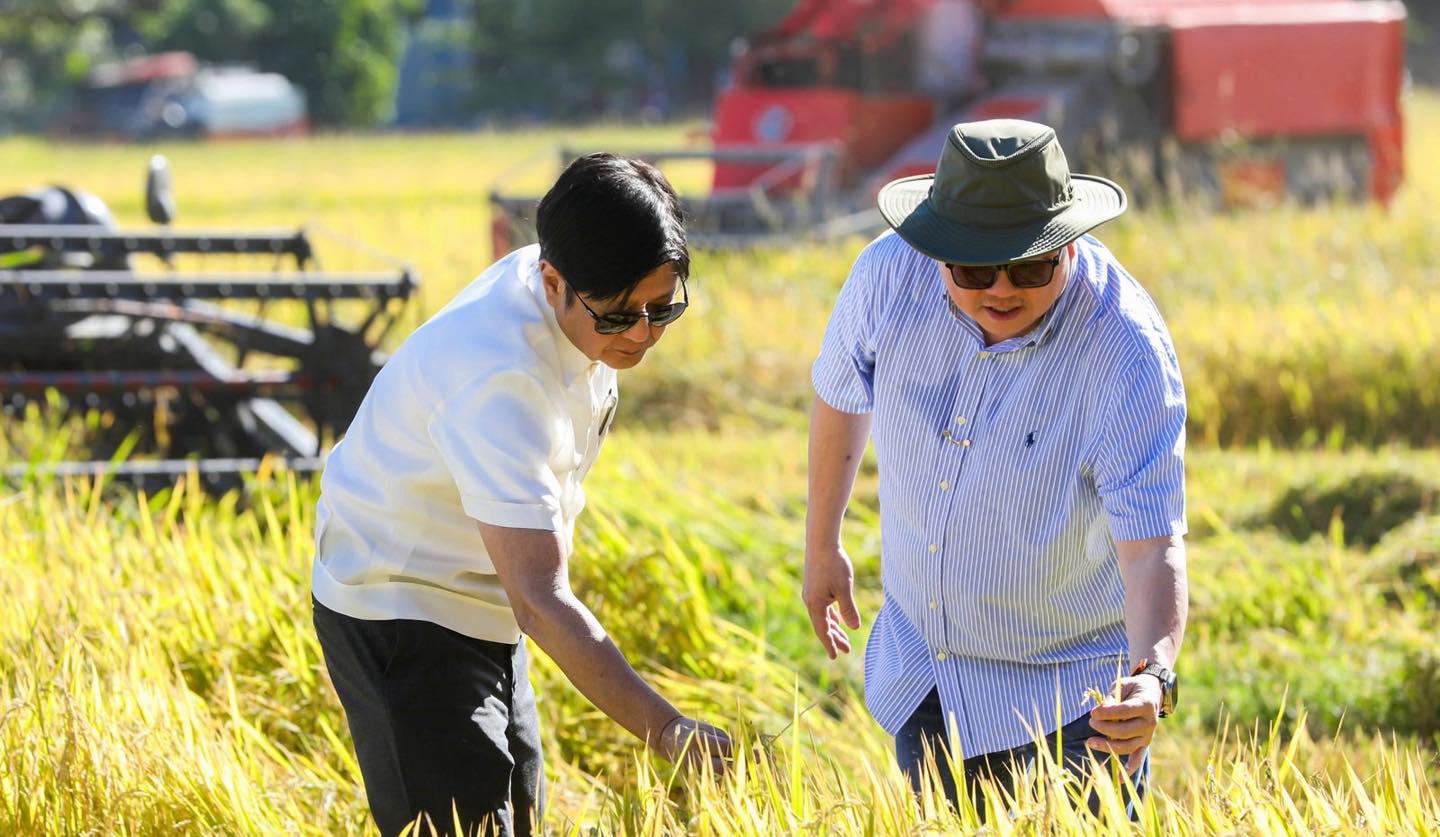
By Brian Jules Campued
The Department of Agriculture (DA) will boost hybrid rice production to ease the effects of the El Niño phenomenon on farmers.
“Iyong pakay natin doon sa programa ng ating Masagana Rice Industry Development Program ay iyong pagpapalakas ng hybrid dahil alam natin na kapag dito sa dry season, maganda iyong performance ng hybrid,” DA spokesperson, Assistant Secretary Arnel de Mesa said in an interview with Bagong Pilipinas Ngayon on Monday.
According to de Mesa, water supply in rain-fed areas is already decreasing as the El Niño is expected to peak from February to March and weaken by April.
On the other hand, irrigated areas such as Pampanga, Bulacan, Nueva Ecija, Ilocos Region, and Cagayan Valley have enough irrigation.
He reported that following their visit last week, Angat and Pantabangan Dams still had sufficient water supply and the rice fields were in good condition.
The DA has also prepared for cloud seeding operations and distribution of small-scale irrigation projects to help farmers in affected farmlands.
To reduce water use in paddy fields, de Mesa likewise urged farmers to plant crops that don’t need much water and to practice the alternate wetting and drying method.
“Bilang additional na tulong, naglaan din ang Philippine Crop Insurance Corporation ng P1.8 billion para ma-ensure yung mahigit 916,000 na magsasaka mula January hanggang June ngayong taon,” he added.
The agency has also allotted P500 million for over 200,000 farmers who may be affected by El Niño.
President Ferdinand R. Marcos Jr., over the weekend, said that the government is planning to distribute more solar-powered irrigation systems to boost palay production in the country.
These irrigation projects are expected to benefit approximately 180,000 hectares of agricultural land nationwide and produce about 1.2 million metric tons of palay output.
The President also allocated P31 billion for the implementation of DA’s national rice program this year which covers post-harvest facilities, extension services, research and development, and irrigation programs. – avds
